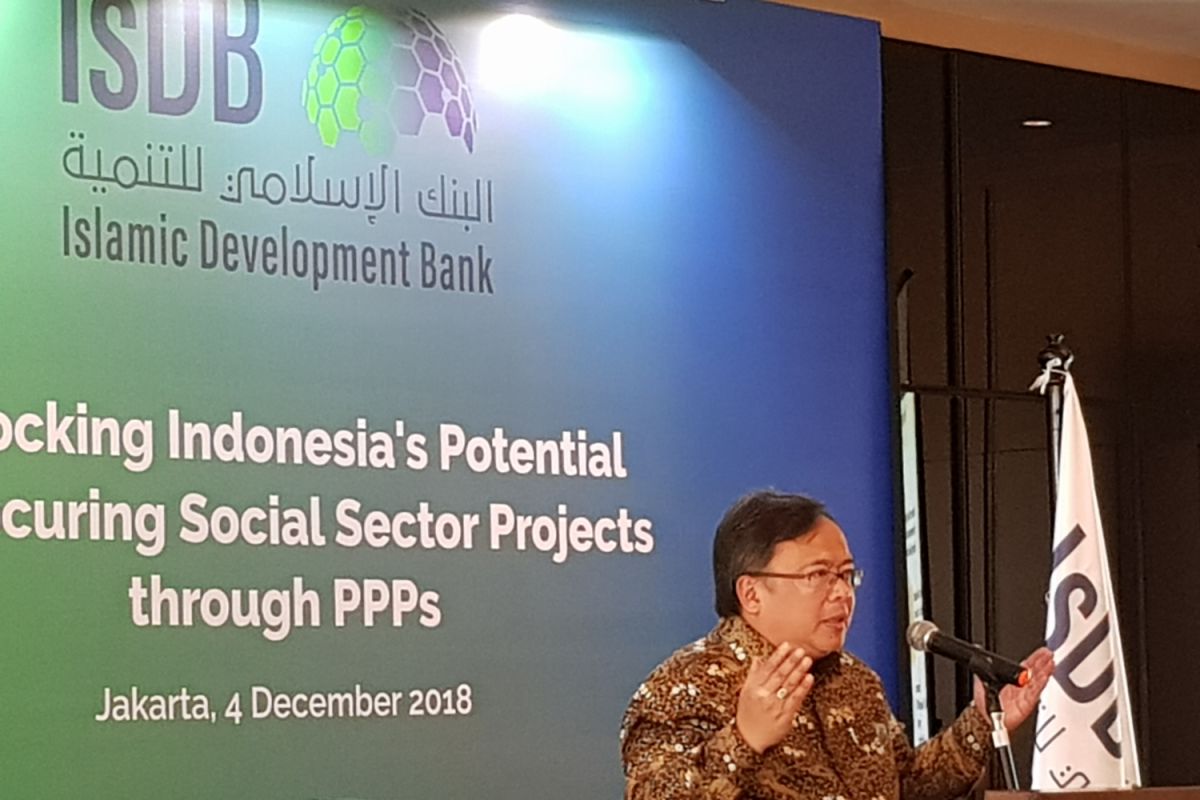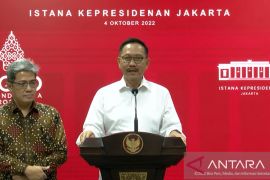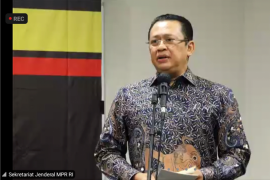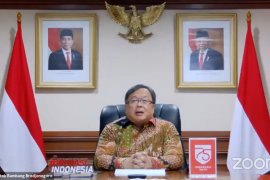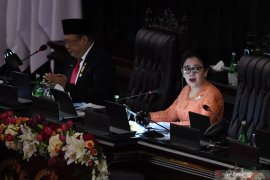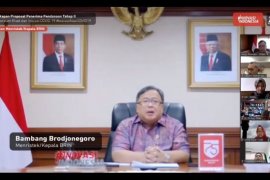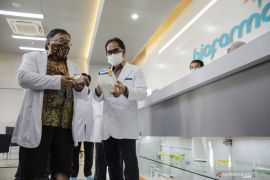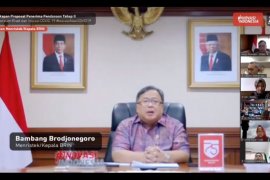"I believe that as a multilateral financial institution, it is the right time for the Islamic Development Bank to be involved in Public-Private Partnerships in Indonesia," National Development Planning Minister Bambang Brodjonegoro remarked in a keynote speech at a workshop titled "Unlocking Indonesia`s Potential in Procuring Social Sector Projects Through Public Private Partnerships" held here, Tuesday.
Brodjonegoro noted that health and education development programs are expected to receive financial support from IsDB, as the two sectors are not only included in the Sustainable Development Goals (SDGs) but are also a prioritized agenda of the Indonesian government.
He stressed that SDGs are more of an investment opportunity rather than merely development goals.
According to Brodjonegoro, Indonesia continues to face problems in terms of the availability of basic health and education facilities.
In terms of health, the government is currently striving to reduce the maternal mortality rate that still stands at 305 per 100 thousand live births. In addition, the government is making efforts to reduce the incidence of stunting, which is a growth disorder among children owing to foetal malnutrition, as well as curb the spread of infectious diseases.
"The national health budget is set at five percent, but this will never be sufficient," Bambang remarked, adding that the Public-Private Partnership (PPP) scheme is expected to take part in the development of Indonesia`s health sector.
"IsDB can play a role in the Public-Private Partnership for the development of social infrastructure that also involves certain ministries, local administrations, and state-owned enterprises. In this case, the government plays a role in ensuring the feasibility of development projects, especially in managing risks and uncertainties," Brodjonegoro noted.
He added that the government is working to improve maternal, infant, and child health as well as encourage healthy lifestyles, so that not many people have to visit hospitals or require health services.
According to Brodjonegoro, the implementation of health development programs in Indonesia faces complex challenges due to difficult geographical conditions.
"For instance, in Papua, we have to implement more innovative health services, such as building small clinics in all regions in Papua, given the distance between one area and the other is quite far, and the lack of medical personnel," Brodjonegoro explained.
He noted that one of the solutions for implementing health development in Indonesia, which has difficult geographical conditions, is by modernizing health services using technology, one of which is by telemedicine or long-distance health services.
"The other solution is to build small hospitals across the region as that done by Turkey," Brodjonegoro noted.
He explained that multispecialty hospitals for treating cancer, heart disease, and other ailments were built in one area and operated by the private sector.
"The private sector builds and operates the hospital, while the government will pay according to the services provided by them," Brodjonegoro stated.
The workshop, held by IsDB, brings together representatives of several ministries, local administrations, and the private sector to build in-depth knowledge on Public-Private Partnerships in the development of social infrastructure, especially in the areas of health and education.
Editing by Andi Abdussalam
Reporter: Libertina W. Ambari
Editor: Yosep Hariyadi
Copyright © ANTARA 2018
